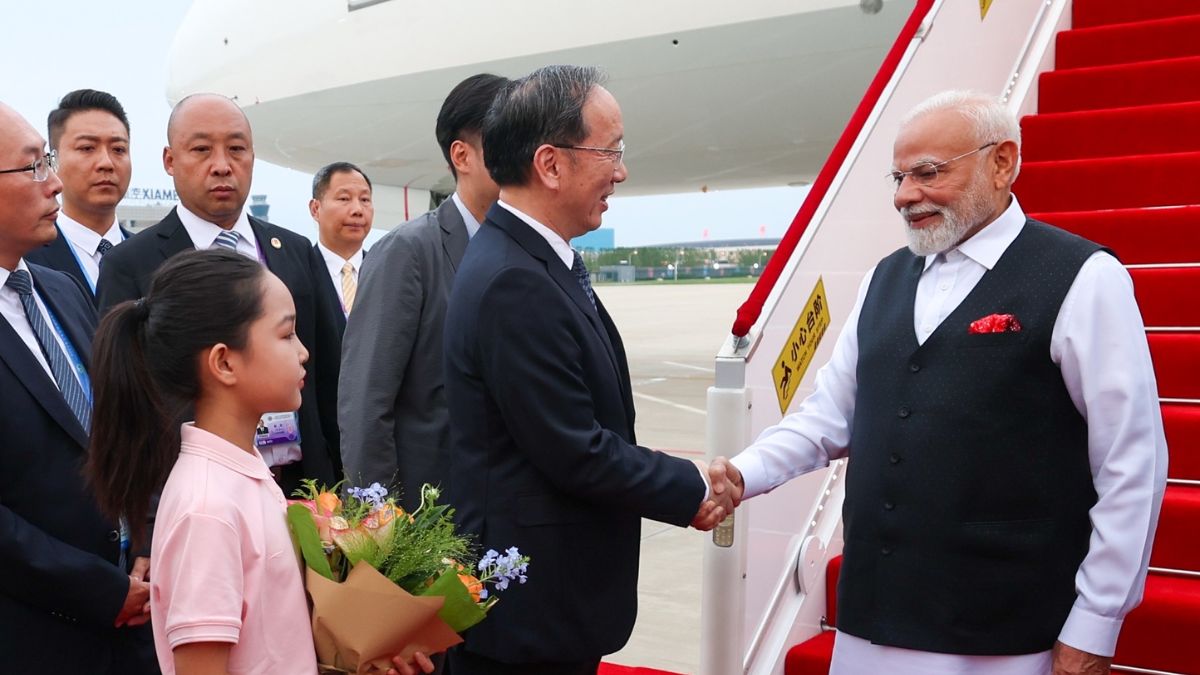Prime Minister Narendra Modi and Chinese President Xi Jinping held a crucial 50-minute meeting in Tianjin on Saturday on the sidelines of the Shanghai Cooperation Organisation (SCO) summit. The two leaders discussed ways to reset ties strained since the 2020 Galwan Valley clash and announced key decisions aimed at rebuilding confidence.
Key outcomes of the talks
During the meeting, the leaders agreed to resume the Kailash Mansarovar Yatra — a pilgrimage route suspended since the Galwan incident — and also restore direct flight connectivity between India and China, which had remained limited in recent years.
Xi Jinping described the two Asian powers as global pillars, stating that the “Dragon and Elephant must unite” to face international challenges. He emphasized that the world is undergoing “once-in-a-century changes” and urged closer cooperation between Beijing and New Delhi.
Modi’s message to Xi
Prime Minister Modi, meanwhile, underscored that “mutual trust, respect, and sensitivity” are the foundation for improving India–China ties. His remarks come at a time when the border dispute remains unresolved, with troops still deployed along sections of the Line of Actual Control (LAC).
The resumption of religious pilgrimages and air links is being seen as a symbolic step towards easing friction, though it remains to be seen whether larger military and diplomatic issues will witness similar progress.
Why this matters
This was Modi’s first visit to China since the deadly Galwan clash of June 2020, which killed 20 Indian soldiers and broke decades of fragile peace at the border. The talks signal a cautious attempt to move beyond mistrust, though analysts point out that concrete disengagement on the ground is still awaited.


